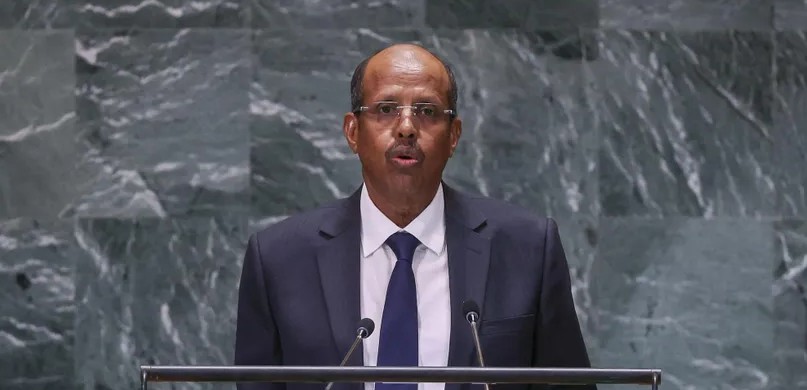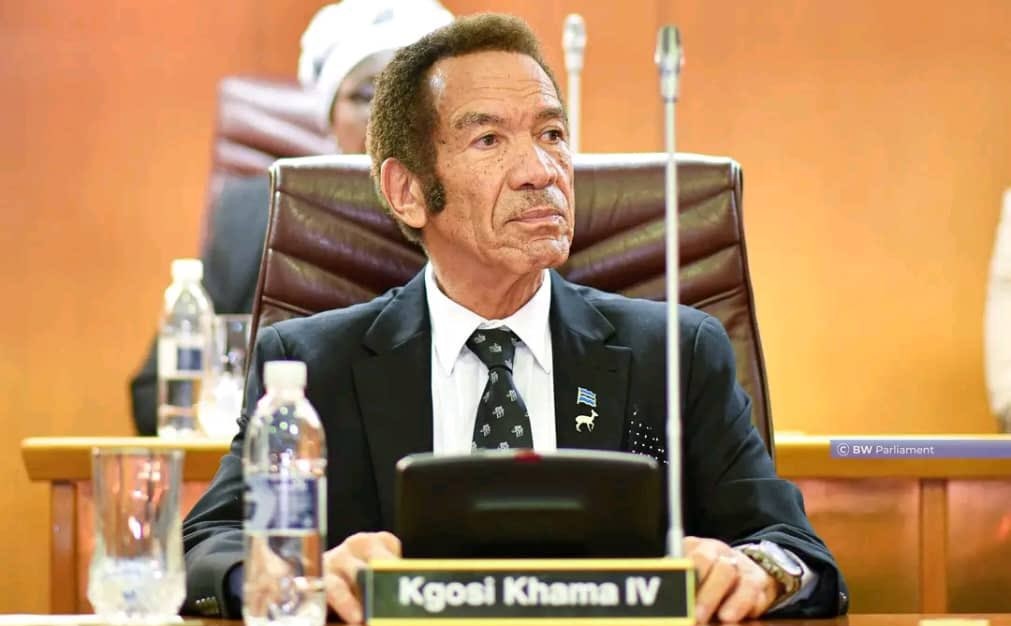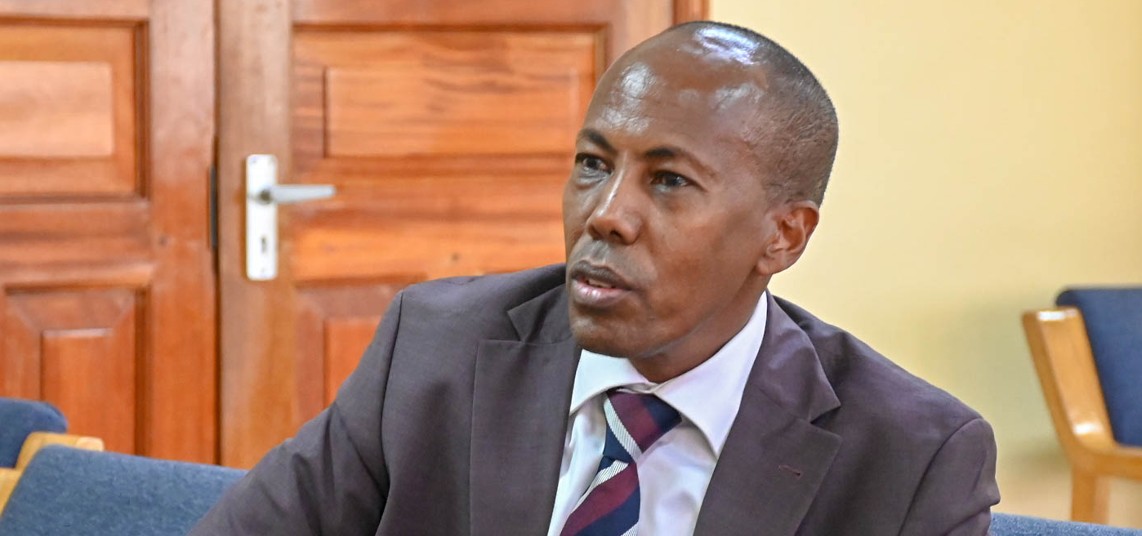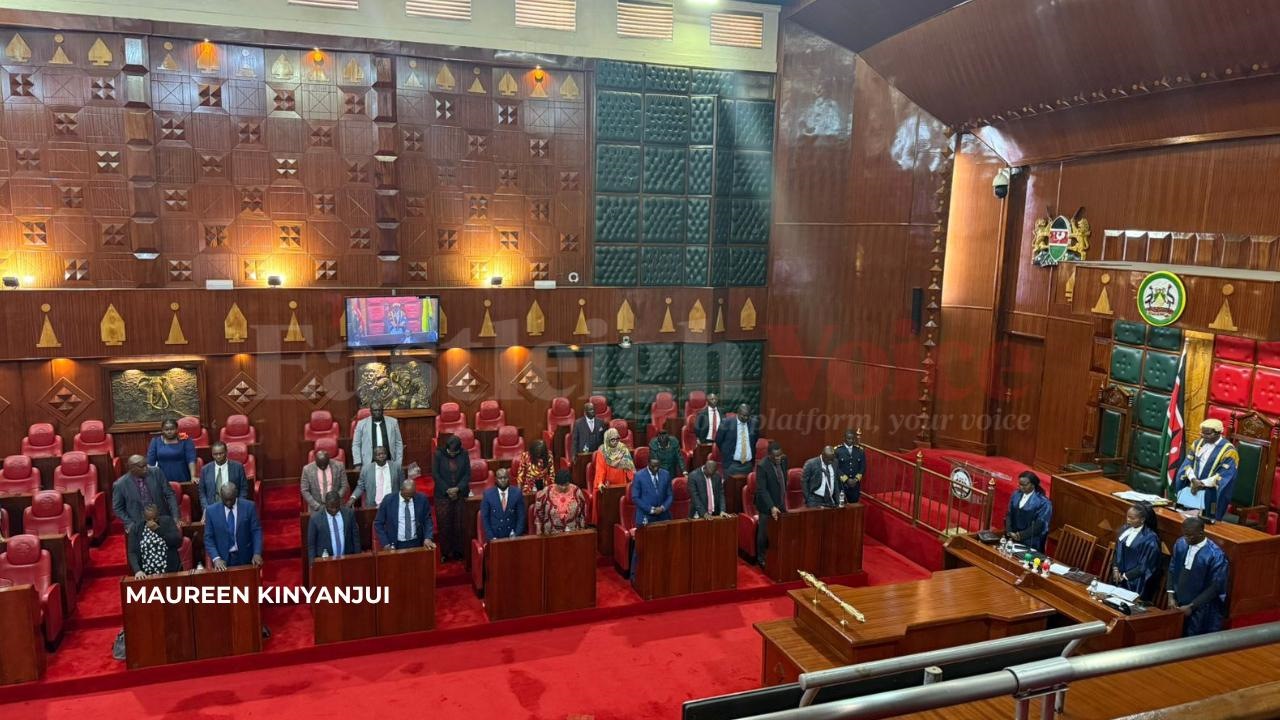TSC rejects calls to lower entry grades for ECD teachers
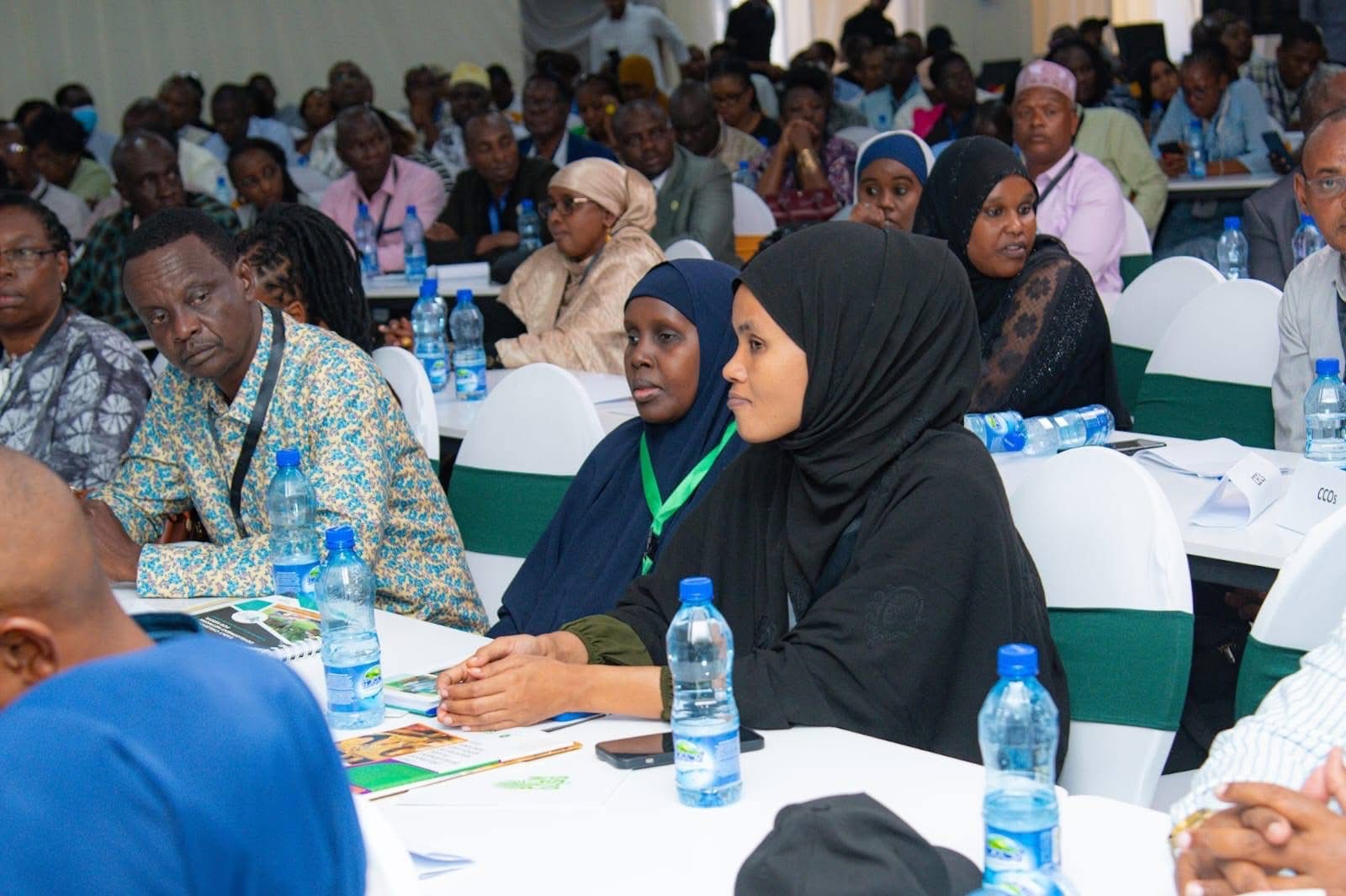
TSC Director of Teacher Professional Management, Reuben Nthamburi, said lowering standards would undermine the foundation of learning in Kenya.
Aspiring teachers will still have to attain a minimum grade of C plain in the Kenya Certificate of Secondary Education (KCSE) to qualify to teach in pre-primary and primary classrooms, the Teachers Service Commission (TSC) has maintained, rejecting calls to lower entry requirements for Early Childhood Development training.
Appearing before Senators, TSC Director of Teacher Professional Management, Reuben Nthamburi, said lowering standards would undermine the foundation of learning in Kenya.
More To Read
- Teachers’ Unions demand clarity as TSC plans to move 400,000 educators to state health scheme
- Bursary battle deepens as counties push for full control over education
- Mombasa MCAs raise alarm over severe teacher shortage in ECDE, Vocational Training Centres
- Taita Taveta hosts first-ever ECDE Teacher of the Year awards
- Isiolo leaders rally behind early childhood development to secure county's future
- TSC reschedules teachers’ promotional interviews in honour of the late Raila Odinga
“From a professional point of view, I want to plead with the Senate: do not ever think of lowering the qualification of an ECD teacher. It is only in Kenya that we have the lowest-qualified teacher teaching ECD. In developed countries, most ECD teachers are master’s degree holders,” Nthamburi said.
His remarks followed calls by senators led by Taita Taveta Senator Johnes Mwaruma, who had urged the TSC to reduce the qualification for a Diploma in ECD to a C- (minus).
Nthamburi stressed that the Fatuma Chege task force had earlier recommended raising entry requirements to align with international trends, while the Raphael Munavu task force proposed separate diplomas for ECD and primary teacher education. However, the government later merged the two programmes after public Teacher Training Colleges (TTCs) struggled to attract students, and because ECD training was largely being offered by unregulated colleges.
Since 2021, TTCs have offered a Diploma in Teacher Education requiring a minimum grade of C plain in KCSE. The new combined curriculum now equips teachers to handle both pre-primary and primary levels, broadening their employability.
“This new curriculum includes more training hours and teaching practice across both levels. Graduates can now be employed in either setting, addressing the shortage in the ECD sector,” Nthamburi said.
He added that young children must be nurtured in safe environments to enhance attentiveness, confidence and early interaction skills.
He noted that pre-primary learners are introduced to language, creative, environmental, and religious activities, and teachers handling them must be conversant with all these core components.
“Pre-school has a central role in establishing the quality development of a child. If the children are not properly nurtured at that level, there is no way we are going to achieve social and economic development,” he said.
Nthamburi further emphasised that pre-primary education is a devolved function and urged counties to invest in infrastructure and safe facilities. Many ECD centres, he said, still operate in dilapidated buildings with poor sanitation.
“Counties must provide safe, conducive spaces for learning. Early childhood is no longer called ECD; it is now Pre-Primary 1 and 2. At this stage, teachers should focus on developing interaction and socialisation skills,” he said.
He also urged senators to protect ECD as a county function while supporting national efforts to professionalise the sector.
“What is the policy for ECD that will ensure things are done in the right manner? Secondly, with the changing roles of men and women in the growing economy, many of our ECD teachers are women. Are we providing young learners with role models from both genders?” he posed.
The TSC director said that the new Diploma in Teacher Education (DTE) combines the former ECD and primary programmes, enabling teachers to handle PP1, PP2, and Grades 1–6. The first graduates are expected within two and a half years.
TSC’s acting CEO, Evaleen Mutei, said the move was in line with the Presidential Working Party on Education Reforms. She added that as of August 2025, the commission had registered 137,145 ECD teachers nationwide.
Mutei further said that the TSC is reviewing its Act to capture new requirements under the Competency-Based Curriculum (CBC).
Top Stories Today





